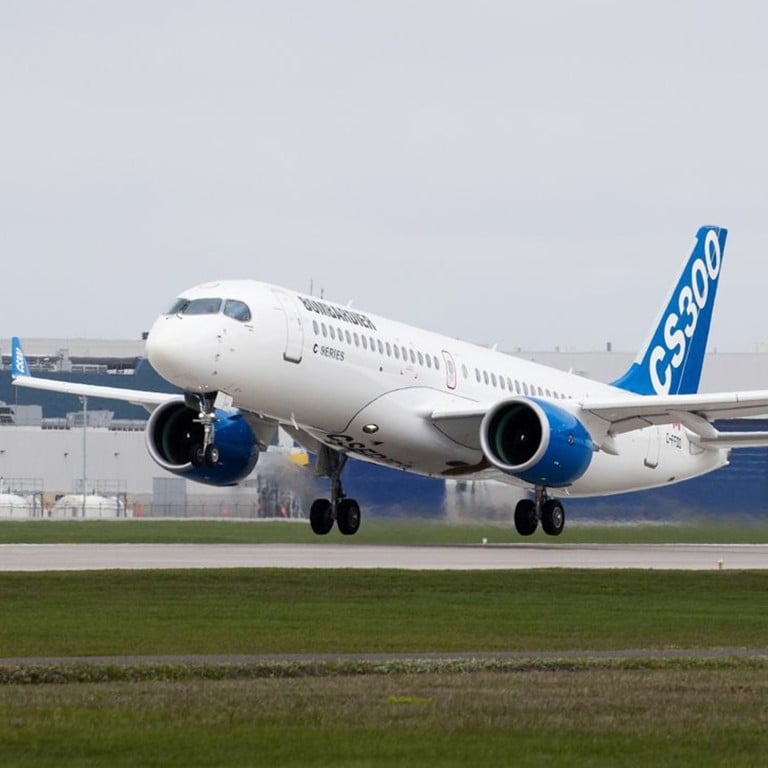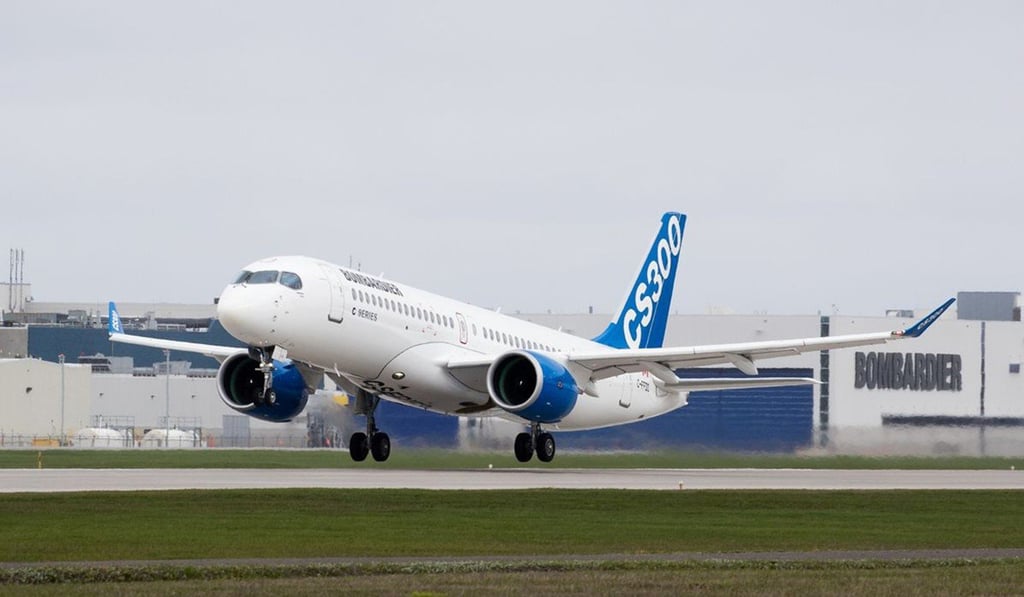Bombardier sharpens its focus on executive jets and luxury trains

Airbus to takes majority stake in C Series jetliners – an area hit by cost overruns and trade disputes – as Canadian firm targets businesses with higher margins
Bombardier is scaling back its ambitions to build jetliners for the world’s airlines by relinquishing control of its C Series aircraft programme to long-time rival Airbus.
The deal marks a move away from what had been touted as the crown jewel of Canada’s biggest aerospace company before it was tarnished by cost overruns and trade disputes.
With the future of the C Series now up to Airbus, the Montreal-based manufacturer is likely to sharpen its focus on private jets and trains – two businesses with higher margins.

“I’m not sure they had much of a choice. Surely they will have interesting opportunities in executive jets and trains, and they can reinvest in those.’’
Private business jets have been Bombardier’s most profitable division, while commercial aircraft, weighed down by losses tied to the development of the C Series, ranked among the company’s worst-performing.
Bombardier’s commercial unit includes older products, such as the CRJ regional jet and the Q400 turboprop.
The C Series is Bombardier’s biggest and most expensive commercial jet programme, often billed by the company as a “game-changing”aircraft with superior economics and fuel efficiency.

Regional commercial jets contributed the bulk of Bombardier’s revenue during the 1990s, but orders eroded over the last decade as its Brazilian rival Embraer captured market share with newer models. Sales have also slowed for turboprops as its European rival ATR, partly owned by Airbus, offered cheaper and lighter products.